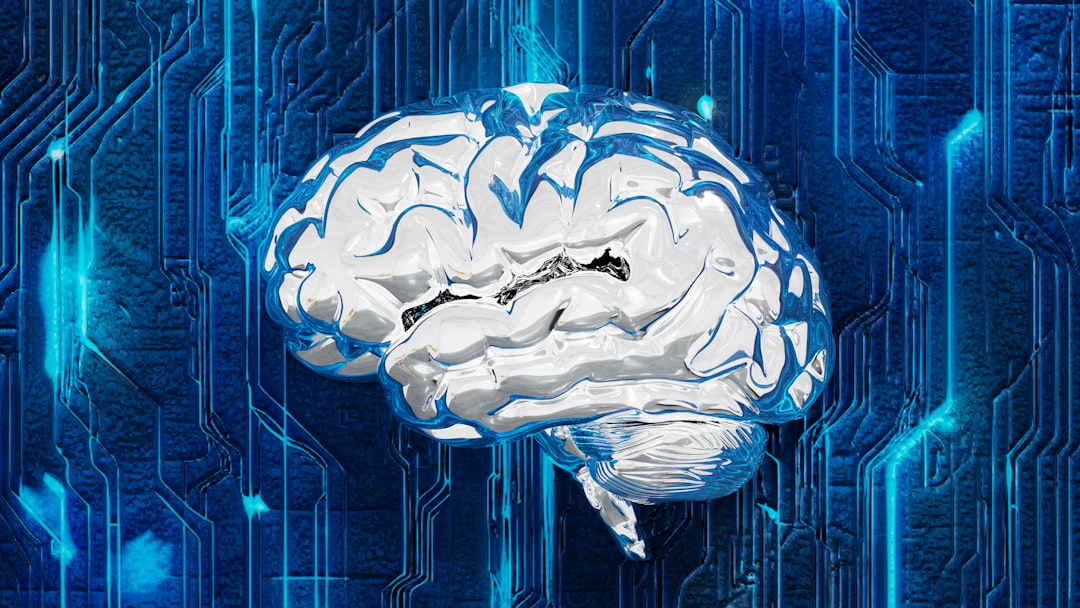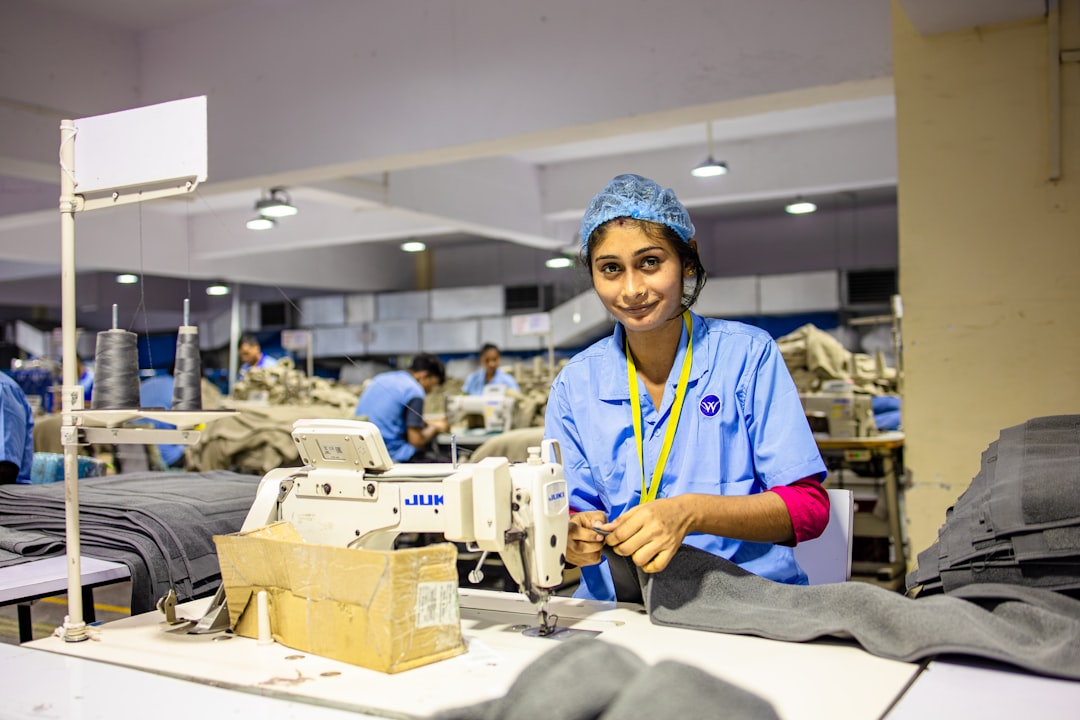Imagine a world where machines are smarter than humans. They can think faster, solve problems instantly, and learn much more quickly than we ever could. Sounds like a sci-fi movie, right? But it’s not. It’s called AI super intelligence, and it might be just around the corner.
What does this mean for jobs and the economy? Will AI take all our jobs? Or can it help us work better? Let’s explore the future of AI in a fun, simple way.
What Is AI Super Intelligence?
AI stands for Artificial Intelligence. It’s when machines do things that normally require human thinking—like learning, planning, or solving puzzles. Super intelligence is the next level. It’s what happens when AI becomes way smarter than humans.
This kind of AI wouldn’t just answer your questions. It could invent new tech, discover better medicines, or even manage entire companies. Exciting, right?

How Could AI Impact Jobs?
Let’s not sugarcoat it—AI will change the job market in a big way. Some jobs may disappear, but others will grow. Here’s a closer look:
Jobs That Might Disappear
- Data entry: AI can type faster and make fewer mistakes.
- Drivers: Self-driving cars and trucks are on their way.
- Cashiers: More stores will use automated checkouts.
- Telemarketers: Smart bots can chat and sell just as well.
These jobs involve tasks that are easy to teach a computer. That’s why they’re at risk.
Jobs That Might Grow
- AI trainers: People will teach AIs how to learn and behave.
- Robotics engineers: Someone has to build and repair the robots.
- Cybersecurity experts: We’ll need to keep these smart systems safe.
- Creative roles: Artists, writers, and designers who use AI tools will shine.
These jobs need human creativity, emotion, or deep understanding of people. AI isn’t great at those—yet.
The Bright Side of AI
While some jobs may vanish, there are lots of positives, too. Here are a few exciting ways AI could make life better:
- More productivity: AI could help people work faster and do more in less time.
- Better healthcare: Super intelligent AI might spot diseases earlier or create life-saving drugs faster.
- Smarter learning: AI tutors could provide one-on-one teaching, anytime and anywhere.
- Safer work: Dangerous jobs, like mining or firefighting, might be done by robots.
So, AI could actually help humans live healthier, safer, and even happier lives.

But Wait… What About the Economy?
AI super intelligence could shake the global economy like an earthquake. Here’s how:
1. Wealth Shifts
Companies that build smart AI will get very rich. Think of companies like the ones that invented oil drilling or the internet. Some countries may surge forward, while others fall behind. This could widen the gap between rich and poor.
2. New Business Models
Work may not look like it does today. Gig jobs, freelance roles, and remote work will boom. AI might even help people start businesses on their phones with little money.
3. Danger of Monopoly
Big tech firms may control most AI. That can lead to monopolies, where just a few companies dominate the world economy. We’ll need new rules to keep things fair.
4. Global Collaboration
The smartest AIs might be too powerful for one country alone. Nations may have to work together to share benefits and reduce risks. If they don’t, there could be conflicts over who controls the super intelligence.
What Can We Do About It?
AI super intelligence isn’t here yet. So we have time to prepare. Here’s what we can do now:
- Learn new skills: Focus on creativity, emotional intelligence, and problem-solving.
- Stay curious: Keep up with new tech so you’re never left behind.
- Support smart policies: Encourage fair laws around AI and automation.
- Be adaptable: Be ready to switch careers if needed. We may all have to reinvent ourselves a bit.
Change can be scary, but humans are great at adapting. We’ve done it for centuries. We can do it again.
Could There Be Risks?
Yes. Super intelligent AI is powerful, but it could also be dangerous if misused. Here are some risks:
- Job loss shock: If too many jobs vanish too quickly, it could lead to poverty and unrest.
- Loss of control: If AI becomes too smart, could we still control it?
- Misinformation: AI can create fake news and deepfakes very easily.
- Bias: If trained with biased data, AI can make unfair decisions.
These aren’t reasons to fear AI—just reminders to be smart about how we use it.
What Will the Future Look Like?
No one knows for sure. But here are some possible futures for work and the economy in the age of AI:
Best Case
- People work less but earn more, thanks to AI help.
- Jobs become more fun and creative.
- The economy grows fast and everyone benefits.
Worst Case
- Mass unemployment and economic collapse.
- Only a few people control the power of AI.
- Conflicts between nations over AI dominance.
Most Likely Case
- Some jobs are lost, but many new ones are created.
- The economy shifts and adapts slowly over time.
- People and governments learn how to work with AI together.
Final Thoughts
AI super intelligence is coming, whether we’re ready or not. It will change jobs, shake up economies, and force us to learn new ways of living and working.
But that’s not a bad thing. Humans have always evolved. From farmers to factory workers to coders—we’ve always moved forward.
So let’s learn, adapt, and make AI our partner—not our rival. After all, the future is not written by machines. It’s written by us.
Stay curious. Stay kind. And stay learning.











